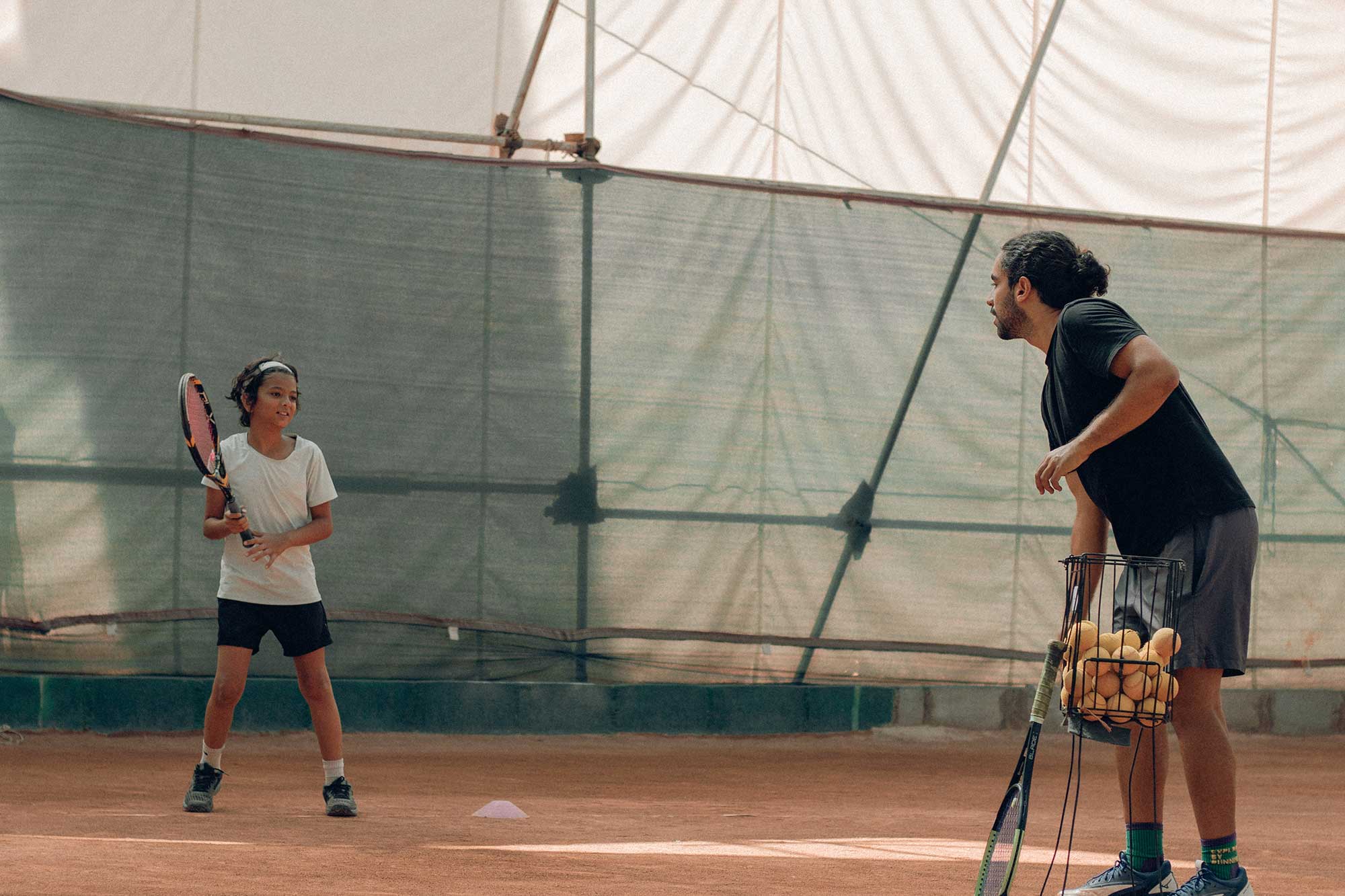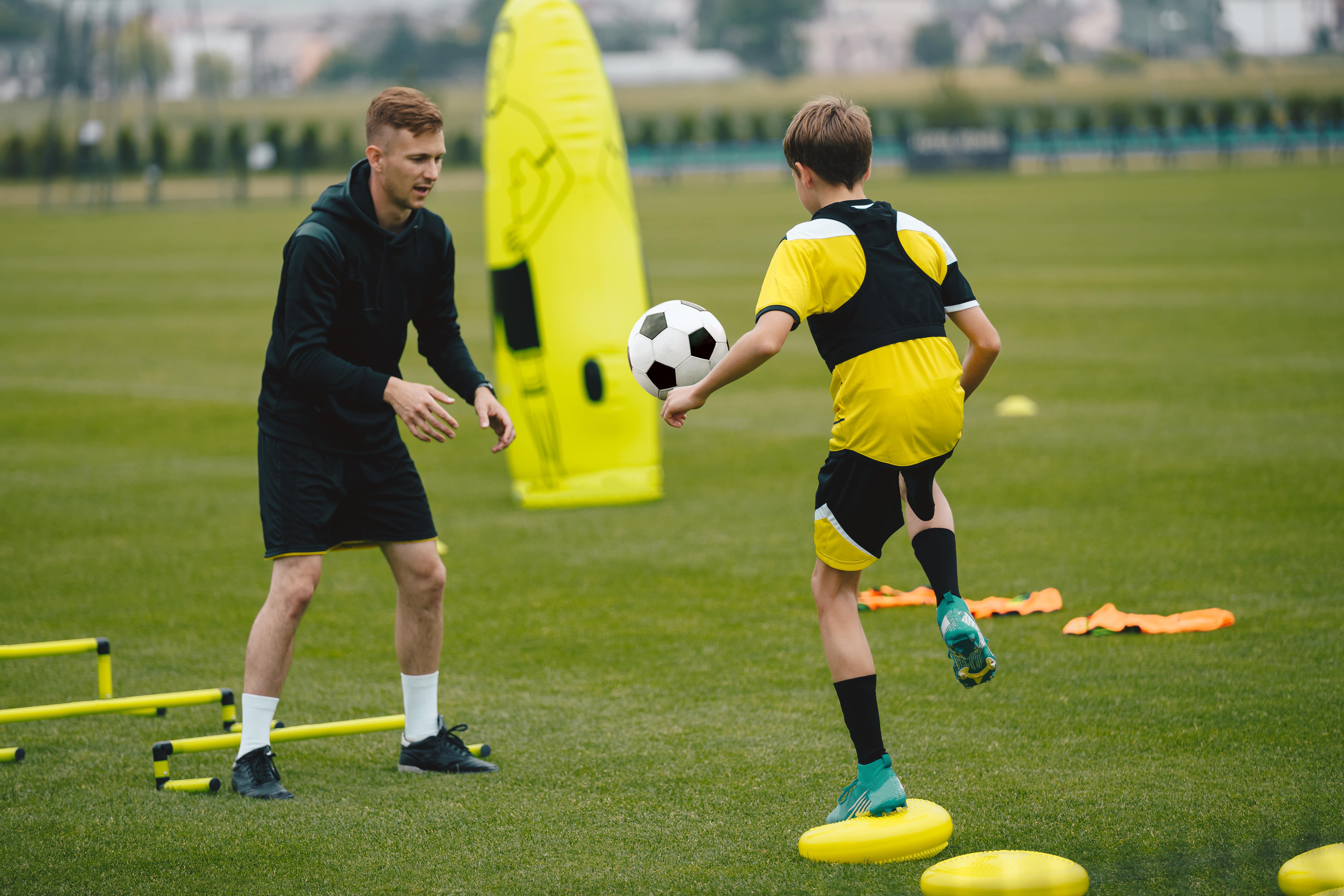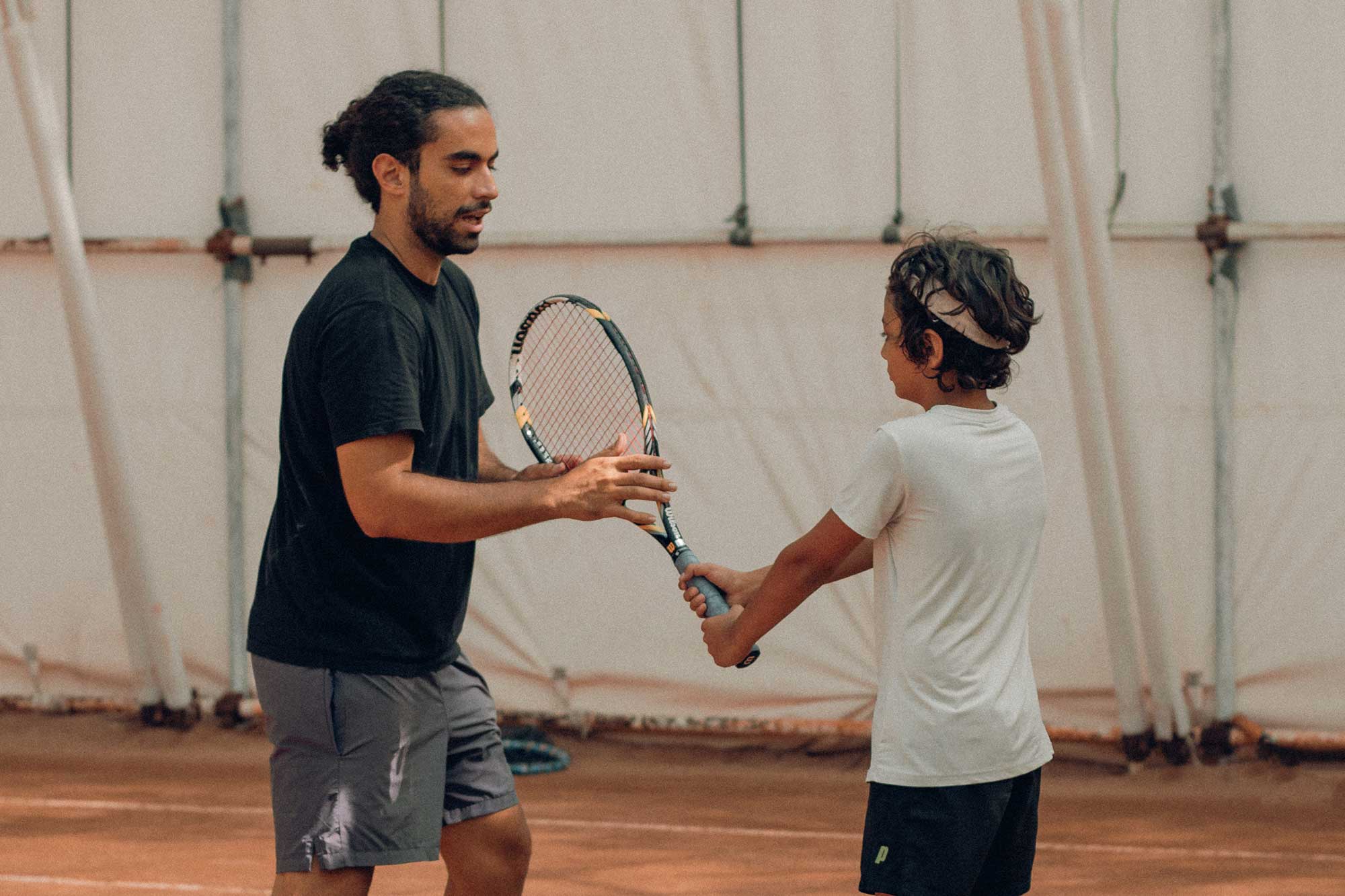
PE Coordinator Responsibilities in Primary Schools
In the holistic development of young minds, physical education plays a pivotal role. It not only promotes physical fitness but also fosters essential life skills such as teamwork, discipline, and self-confidence. Within the framework of primary schools, the role of a Physical Education (PE) coordinator is indispensable. This article explores the various responsibilities and contributions of a PE coordinator in primary schools, highlighting their crucial role in shaping well-rounded individuals.
Creating a Foundation for Lifelong Fitness
Physical education coordinators in primary schools are entrusted with the task of establishing a strong foundation for lifelong fitness and health. They design and implement age-appropriate physical activities that cater to the diverse needs of students. From basic motor skills development to introducing various sports and games, the PE coordinator’s responsibilities encompass a spectrum of physical activities that lay the groundwork for a healthy lifestyle.
Organisation
Organisational skills are crucial to being an effective PE coordinator. PE coordinators will have curriculum planning, fellow teachers, and possible specialist coaches to manage. Jobs might involve sorting out transport to and from fixtures, scheduling hall space, and potentially setting up and maintaining after school clubs. There is also a chance that the PE coordinator will be in charge of producing risk assessments.
Budgeting
PE coordinators might find themselves in charge of the Primary PE and Sport Premium Funding. Spending in line with your school’s sports premium targets and budgeting for the year can be a big responsibility. Schools will often put the PE coordinator in management of how this budget is to be used.
Curriculum Development
A primary responsibility of a PE coordinator is to develop a comprehensive physical education curriculum. This involves aligning the curriculum with educational standards, ensuring that the activities not only engage students but also contribute to their overall growth. The coordinator collaborates with classroom teachers to integrate physical education with other subjects, fostering cross-disciplinary learning experiences.

Get qualified to work in schools teaching sports
Study towards the Level 3 NVQ Diploma in Supporting the Delivery of PE & School Sport. The approved qualification to become a School Sports Specialist.
Inclusivity and Diversity
A PE coordinator’s responsibilities extend to creating an inclusive environment where every student, regardless of their physical abilities, feels welcome and valued. Adaptations and modifications are made to activities to accommodate students with different needs, ensuring that physical education is accessible to all. The coordinator works closely with special education teachers to tailor activities that suit individual requirements, promoting a sense of belonging among all students.
Promoting Healthy Lifestyles
Beyond teaching physical skills, the PE coordinator serves as an advocate for healthy lifestyles. They educate students about the importance of regular exercise, proper nutrition, and the benefits of staying active. This involves organizing health awareness campaigns, workshops, and discussions to instil healthy habits early on. By fostering a positive attitude towards physical activity, the coordinator contributes to preventing health issues in the future.
Teamwork and Leadership
Physical education often involves team sports and cooperative activities that encourage teamwork and leadership. The PE coordinator plays a pivotal role in nurturing these qualities among students. They design team-based activities that emphasize collaboration, communication, and strategy, allowing students to develop essential social skills while engaging in physical challenges.
Community Engagement
A PE coordinator’s responsibilities can extend beyond the school walls. They forge connections with the local community, sports clubs, and fitness centres to provide students with opportunities to explore a wide range of physical activities beyond the school environment. This community engagement enhances students’ exposure to different sports and encourages them to pursue physical activities outside of school hours.
Assessment and Progress Monitoring
Just like academic subjects, physical education also requires assessment and progress monitoring. The PE coordinator designs assessments that evaluate students’ physical skills, understanding of concepts, and their ability to apply strategies in various sports. This helps in tracking individual progress and tailoring instruction to address specific needs.
Professional Development
Staying updated with the latest trends, research, and teaching methodologies in physical education is crucial. The PE coordinator is responsible for their own continuous professional development, attending workshops, conferences, and seeking out new resources to enhance their teaching skills. This commitment to growth ensures that students receive the best possible physical education experience.
The role of a Physical Education coordinator in primary schools is multi-faceted and indispensable. Their responsibilities encompass curriculum development, inclusivity promotion, healthy lifestyle advocacy, teamwork and leadership development, community engagement, assessment, and professional growth. By wearing these various hats, the PE coordinator contributes significantly to the overall development of young learners, equipping them with essential physical skills and life lessons that will serve them well into adulthood.
Gaining Experience to Become a PE Coordinator
As mentioned in the different articles available on the Teach Sport website, there are various ways that aspiring PE professionals are able to gain knowledge and experience in the world of PE teaching. Furthermore, as mentioned above, a PE coordinator has multiple, very important roles that they need to perform. It is vital that a PE coordinator is well equipped with this knowledge and experience to be able to perform these tasks effectively.
How to Gain Experience & Knowledge to Effectively Perform your job as a PE Coordinator
Becoming a physical education coordinator requires a combination of education, experience, and skills in both education and physical fitness. As explained in the other articles on the website, we delve into the routes that you can take to gain enough knowledge, experience, and qualification to become a Qualified Teacher, a PE Lead, and a PE Coordinator. Some of these routes involve applying for university, whereas some involve gaining knowledge and experience by other means such as the 1st4Sport NVQ Level 3 Diploma.
Below is a look into the different ways you can obtain the knowledge and experience to become a PE Coordinator and how to competently perform the job.
Education
Obtain a bachelor’s degree in physical education, kinesiology, exercise science, sports management, or a related field. A strong educational foundation is crucial for understanding the principles of physical education and fitness, as well as the educational aspects of coordinating programs.
Teaching Experience
Gain experience as a physical education teacher. Working as a teacher will help you understand the challenges and needs of students, curriculum development, and classroom management. It’s an essential step before moving into a coordination role.
Advanced Degree (Optional)
While not always required, a master’s degree in physical education, sports management, or a related field can enhance your qualifications and make you a more competitive candidate for higher-level positions like a coordinator.
Certifications
Obtain relevant certifications to bolster your credentials. Consider certifications such as:
Physical Education Teaching Certification
Depending on your location, you might need to be certified to teach physical education in schools. This is usually a requirement for both teaching and coordination roles.
Coaching Certification
If your role involves overseeing sports teams, having coaching certifications can be valuable.
CPR and First Aid Certification
Having these certifications is important when working with students and ensuring their safety during physical activities.
Experience in Leadership Roles
Gain experience in leadership positions, such as a department head, team leader, or lead teacher. This experience will demonstrate your ability to manage others and coordinate programs effectively.
Knowledge of Curriculum Development
Familiarize yourself with curriculum development for physical education programs. Coordinators often play a role in designing and implementing curricula that align with educational goals and fitness standards.
Understanding of Assessment
Learn about methods for assessing students’ physical fitness and progress. Coordinators often need to track and evaluate the effectiveness of their programs.
Budgeting and Resource Management
Develop skills in budgeting and resource allocation. Coordinators are responsible for managing resources such as equipment, facilities, and program budgets.
Communication and Interpersonal Skills
Strong communication skills are essential for working with students, teachers, parents, and administrators. As a coordinator, you’ll need to convey information effectively and collaborate with various stakeholders.
Stay Current
Keep up to date with developments in physical education, exercise science, and sports management. Attend workshops, conferences, and seminars to stay informed about the latest trends and research in the field.
Networking
Build a professional network within the field of physical education and related areas. Networking can help you learn from others’ experiences and provide potential job opportunities.
Apply for Coordinator Positions
Once you have the required education, experience, certifications, and skills, start applying for physical education coordinator positions. Tailor your resume and cover letter to highlight your relevant qualifications.
Remember that becoming a physical education coordinator is a gradual process that involves building a strong foundation through education and experience. It’s also important to demonstrate your passion for promoting physical fitness and a healthy lifestyle, as these qualities are often sought after in this role.

Get qualified to work in schools teaching sports
Study towards the Level 3 NVQ Diploma in Supporting the Delivery of PE & School Sport. The approved qualification to become a School Sports Specialist.
1st4Sport NVQ Level 3 Diploma
If you’re aged 16-24 years and have a passion for sport and working with young people, you can complete the 1st4sport Level 3 NVQ Diploma in Supporting the Delivery of Physical Education and School Sport.
The great thing about enrolling on this course is that it only takes 12 months to complete, and you do not need any previous professional qualifications to apply. Once completed, you can become a PE Lead, Coordinator, Sports Coach or School Sport Professional.
Developed in partnership with the Association for Physical Education (afPE), the 1st4sport Level 3 NVQ Diploma is recognised as the industry standard qualification for Senior Children’s Activity Professionals, by the trade association for providers of sports and physical activity in schools and the wider community, otherwise known as, The Compass Association.
The Association for Physical Education (afPE) has also stated they believe that “by 2015, coaches employed in or by schools supporting Curriculum time P.E. should be qualified to a Level 2 National Governing Body (NGB) Award and be working towards a Level 2 and 3 Certificate in Supporting the Delivery of Physical Education and School Sport or equivalent, to comply with the forthcoming afPE Safe Practice Guidance for Schools.” (March 2013).
The qualification also has the support of CIMSPA, the Chartered Institute for the Management of Sport and Physical Activity, as an industry-relevant qualification contributing to the industry’s professional framework.
You can hit the ground running by working within primary or secondary schools, sports coach clubs or a private P.E. provider, and enjoy immediate hands-on experience.
This accessible course also provides a fantastic foundation for building your skills and experience from a young age, so you can develop your professional status in the field of sports education at the time and pace that suits you.
You can quickly register for the NVQ Level 3 online, without any previous formal qualifications required. The cost is affordable and can be broken down into manageable instalments throughout your year of training. Funding may also be available for some if not all of your fees, and it’s incredibly easy to find out if you qualify – simply apply online and you’ll be informed if you’re eligible for funding support.
When completing the 1st4sport Level 3 NVQ Diploma in Supporting the Delivery of Physical Education and School Sport, with Teach Sport, you will be allocated a tutor who checks in with you regularly to make sure you are keeping up with the demands of the course and who will be available to answer any questions that you may have regarding anything. We have also made a portal with all the course content on there, readily available so you can get to completing the course at your own pace. It also has email addresses of all tutors, including a link that takes you to a booking page where you can book in a face-to-face call to chat about anything you need.


What Qualifications do you need to Become a PE Teacher in the UK?
A qualification that allows you to train whilst you earn and gives you the opportunity to work in primary schools teaching lots of different sports.